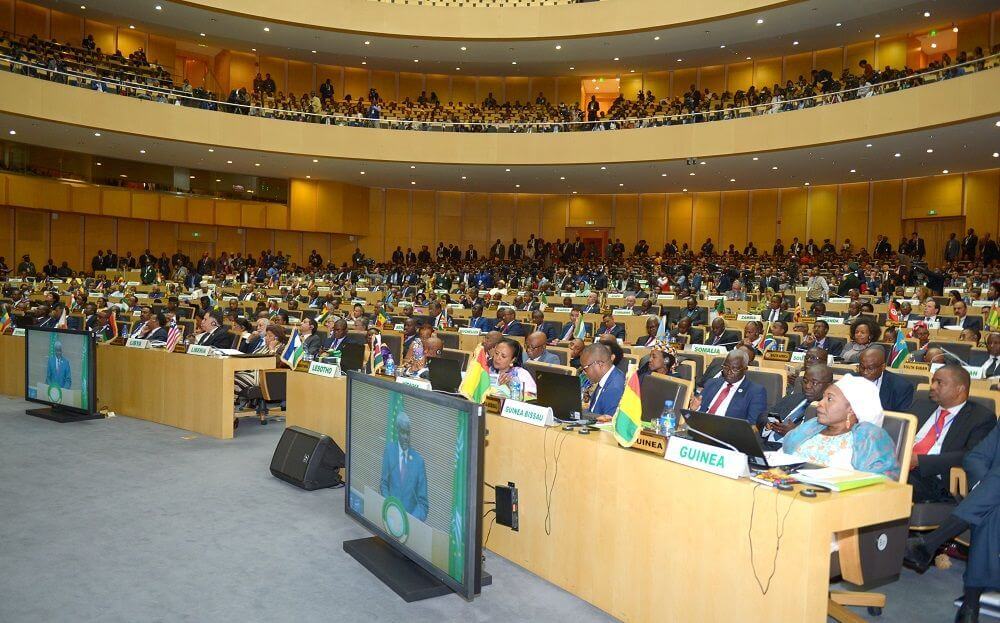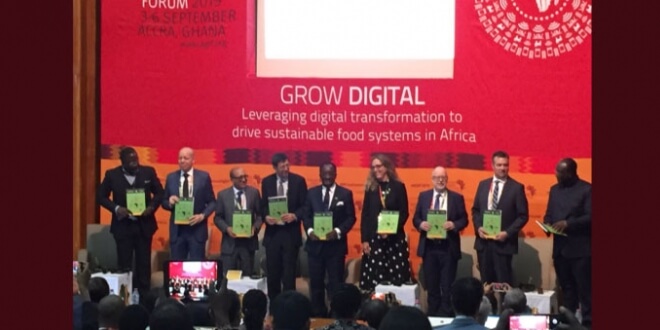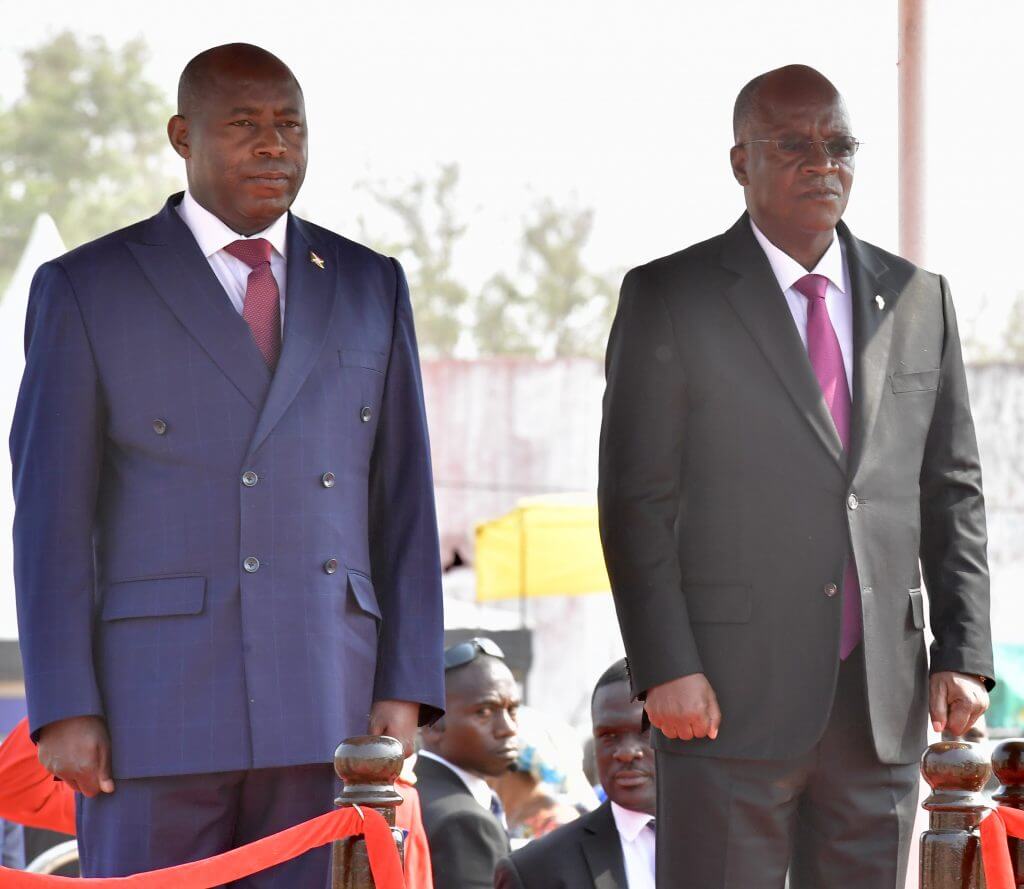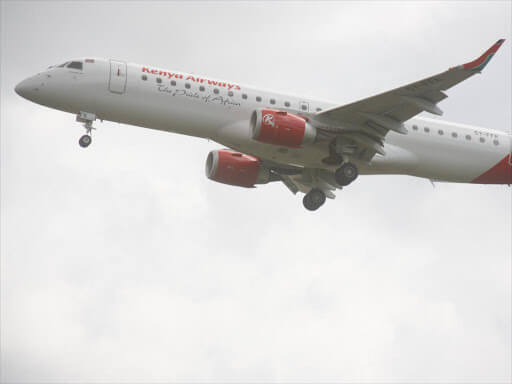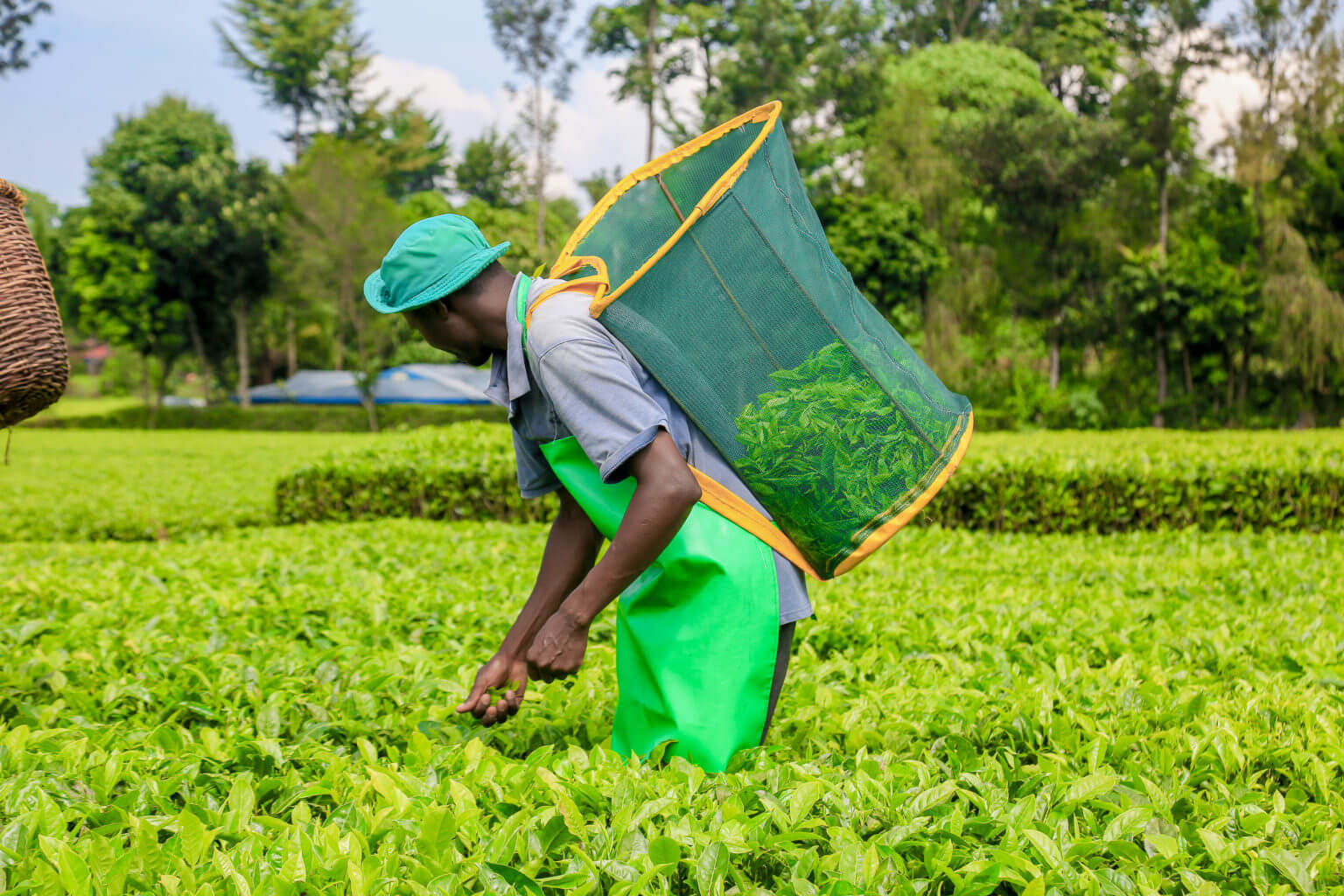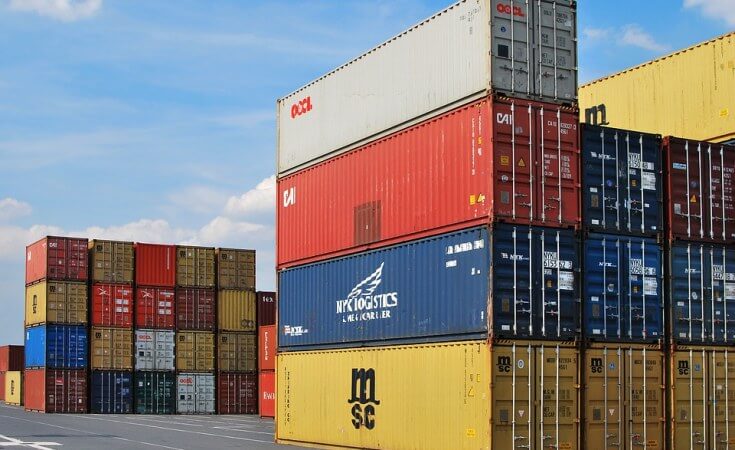THE Civic United Front (CUF) flag bearer, Prof Ibrahim Lipumba has pledged to strengthen the economy and improve provision of education if elected in the forthcoming general election. Prof Lipumba said that to strengthen the economy, his government will put much effort in improving the agricultural sector, as the majority of Tanzanians complain over the sector’s poor performance. The CUF presidential candidate made the pledges yesterday when addressing a campaign rally at Bukoba municipality in Kagera Region. He appealed to the residents to vote for him as his party has the best manifesto where education sector improvement and economic growth are well addressed. He said that Kagera Region is strategically positioned with a number of agricultural potentials, where it can trade in cereals with Burundi, Uganda and Rwanda. “We will create an enabling business environment that will allow farmers to sell their food and cash crops in neighbouring countries,” he stated, alluding to setting up irrigation schemes as Kagera is blessed with a number of rivers emptying into Lake Victoria. He expressed concern that Lake Regions with a population of over five million people uses little of its irrigation potential, underlining that the residents will generate good incomes through agro-sector improvements. Kagera is blessed with various resources in agriculture, livestock and fish farming which if properly tapped could lift the majority of the residents out of poverty, he asserted. “If elected, I will make sure you benefit with available markets in the East African Community (EAC). For our economy to...
Lipumba: Agriculture will unlock national economy
Posted on: September 29, 2020
Posted on: September 29, 2020




